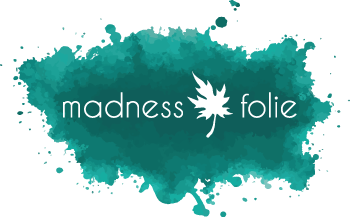Component Evaluation: Strength Through Storytelling
Component Evaluation: Strength Through Storytelling Timing: 30 minutes Mode: In class; Online Strength Through Story-telling (poetry, spoken word, cartooning) Question Man is really Answer Man, and Shimrat’s story is about finding answers and wellbeing within the self. In a poem, spoken word or single-frame cartoon, and using the following questions as guides, have students depict …


 Français
Français